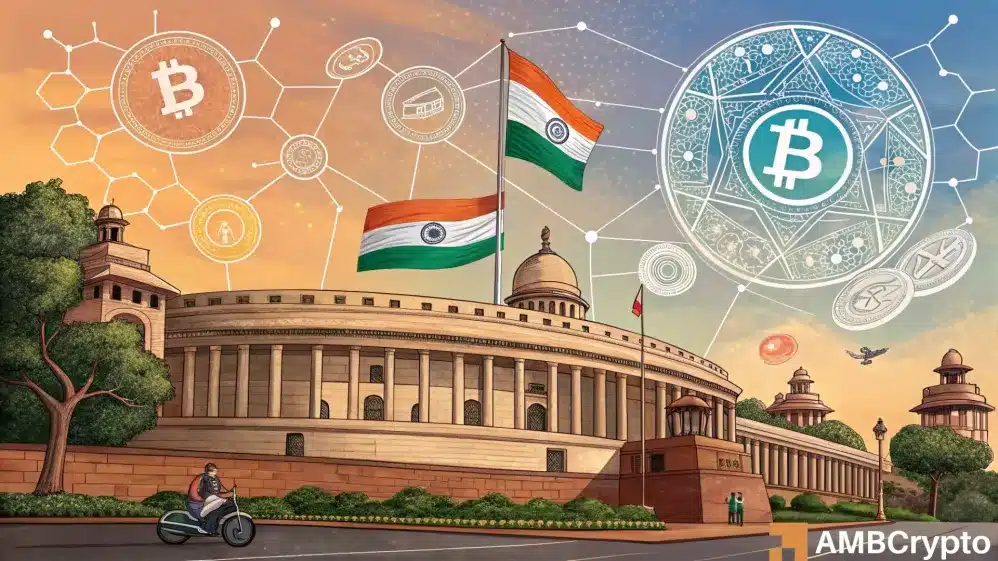- India will reassess its cryptocurrency policies amid global adoption and shifting international stances.
- Jio Platforms’ launch of JioCoin signaled growing domestic engagement with blockchain technology.
As global cryptocurrency adoption accelerates, several nations are reevaluating their stance on digital assets.
This shift has gained momentum following Donald Trump’s presidential victory and his vision of establishing a ‘Strategic Bitcoin Reserve’.
Bitcoin [BTC]’s historic surge past the $100,000 mark has also intensified discussions on regulatory frameworks.
However, this evolving landscape has also led to delays, including a postponed discussion paper on cryptocurrencies that was initially scheduled for release in September 2024.
India’s crypto push
Amidst this India is reassessing its cryptocurrency policies remarking on which, India’s Economic Affairs Secretary Ajay Seth said,
“More than one or two jurisdictions have changed their stance towards cryptocurrency in terms of the usage, their acceptance, where do they see the importance of crypto assets. In that stride, we are having a look at the discussion paper once again.”
Seth further emphasized that cryptocurrencies “don’t believe in borders,” making it impractical for India to adopt a unilateral stance.
While he did not directly reference the United States, his remarks come just after Trump initiated a cryptocurrency working group.
The task force will draft new crypto regulations and evaluate a national cryptocurrency reserve, supporting Trump’s policy overhaul.
India’s crypto stance review
That being said, India’s growing dominance in the crypto space is becoming increasingly evident.
The country secured the top spot in the latest Chainalysis Global Crypto Adoption Index report, reflecting high engagement across local exchanges, merchant transactions, and DeFi.
In India currently, digital assets are subject to a steep 30% capital gains tax, with no differentiation between short-term trading and long-term investment.
Seeing this, legal experts, including Supreme Court practitioner Amit Kumar Gupta, have criticized this tax policy as excessively punitive.
Gupta further noted that authorities perceive cryptocurrencies as even riskier than gambling, reflecting the government’s deep-rooted skepticism toward the sector.
What lies ahead?
Recently, Jio Platforms’ introduction of JioCoin on the Polygon [POL] network highlights how major domestic corporations are embracing blockchain technology despite the government’s historically cautious stance.
However, despite these challenges, Indian investors remain highly active in the crypto space, defying high taxation and stringent oversight.
As expected, the country’s growing engagement with digital assets suggests that regulatory resistance alone may not be enough to curb adoption.
Thus, as India struggles with balancing innovation and control, the future of its cryptocurrency industry will depend on whether policymakers embrace a more progressive framework or continue down the path of heavy-handed regulation.

